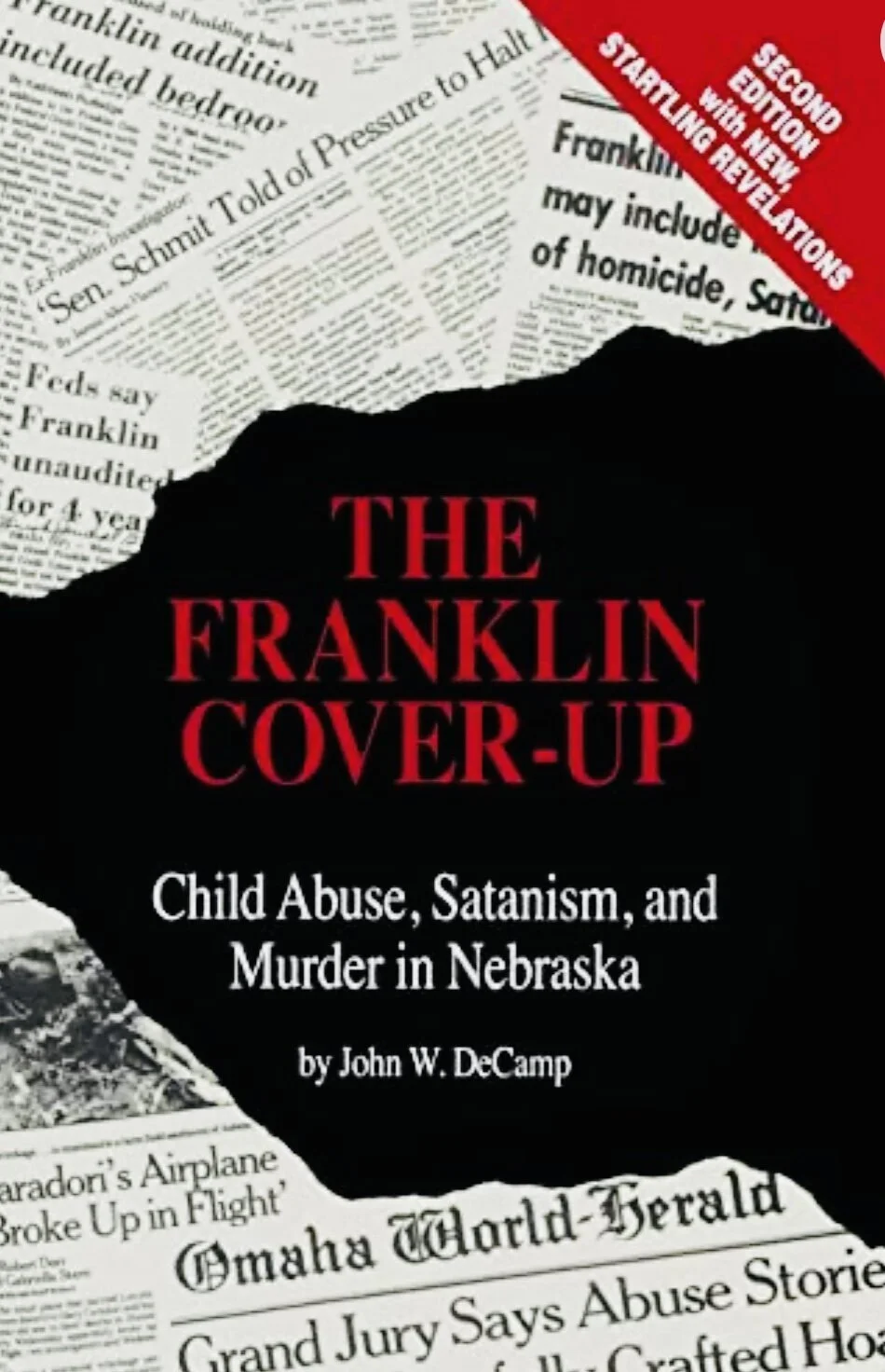The story of systemic child abuse and cover up continues.
The text below is continued from here.
On 7/20/88, Kirstin Hallberg reported a 15-year old girl at Richard Young who is talking about inappropriate activity with Larry King and also is alleging witnessing a murder of a young boy who said he was going to tell of the abuse he suffered.
Along with the letter, the Foster Care Review Board turned over its entire file on these cases to the attorney general. Spire assured the FCRB that he would do everything in his power to help, and assigned the case to one of his top assistants, Bill Howland.
As months dragged by with little apparent action by the attorney general, Stitt and Dennis Carlson demanded a meeting with Howland, which was held in his office on November 22, 1988. Stitt described the meeting to the Legislature's Executive Board, on December 19, 1988: When Dennis and I were in this meeting it became clear to me that if Mr. Howland had ever read the materials we delivered to him in July, it was a long time ago.
He didn't know major players' names in the case.... Dennis did some rather tough questioning and it became clear to both of us that nothing had occurred. The file was just a mess. I grabbed the file from him. Reordered it.... Dennis and I both left that meeting, I mean, I can speak for myself, and I felt full of despair and I felt like all the optimism that we had had that something was going to happen, to not only help the kids who'd been abused, but to stop this from occurring to other kids, and many of the kids that I'm aware of were State wards, was not happening.
Nothing was happening.... Now we see that we were just being put off, “Yeah, we'll get out there," and "Yeah, we'll do this," and "Yeah, we're on top of it," but really none of the officials had organized their investigation. Her fellow Executive Board member Burrell Williams added:
I think we became really baffled and puzzled on what was going on when you get all this information in front of you and nothing had, [or] is being done about it. Dennis Carlson was also puzzled: I... don't know what if anything either the Omaha Police Department or the Attorney General's office actually did.... If I were doing that investigation, the first thing I would have done with that information is contacted Loretta Smith who's making allegations that she had witnessed homicides, not a homicide, it's homicides.... I... talked to Loretta Smith's case worker at Richard Young Hospital on November 22 and she told me that the last person that interviewed Loretta was Officer Carmean and that took place on June 28, 1988.
On November 30, 1988, Stitt again attempted to contact the governor, to set up a still more urgent meeting, because of the failure of the attorney general's investigation to get off the ground.
The governor's staff scheduled a meeting for the following week, but canceled the appointment the next day. The governor, according to her office, was “not willing" to meet, as Carlson recorded in his daily notes of December 1.
In the November 22, 1988 meeting, Howland once again claimed he would do everything he could, a claim under-cut by the attitude of the governor.
The Attorney General's Office put one investigator, Thomas Vlahoulis, on the case part time, but, as the Legislature's Franklin committee was to learn on June 22, 1989, he did next to nothing.
In this transcript of his legislative testimony, Vlahoulis is questioned by committee counsel.
COUNSEL: As I understand what you told Senator Chambers, the information in your notes, which was important, was placed in the reports that you generated, is that correct?
VLAHOULIS: Yes, it was.
COUNSEL: Now, the conclusion I draw, after reviewing that information, is that you really didn't do anything between July and late November, except to collect some extraneous pieces of information about Mr. King's business interests and perhaps about... his wife's citizenship status. That's my conclusion from reading the reports.

